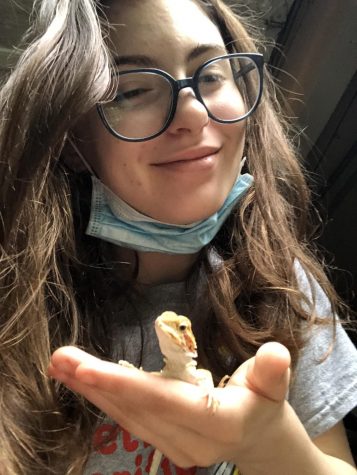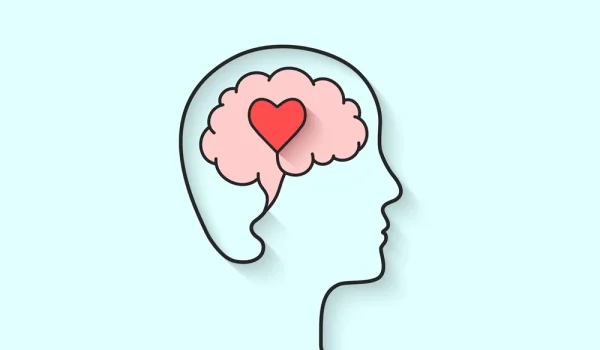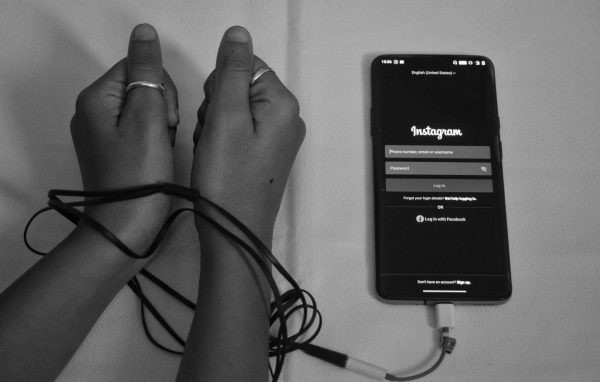Health Updates on Corona Virus
The PM from India meets to converse on a plan for vaccines and testing, being responsibly socially distanced and wearing masks to protect the other members of the meeting
On March 11, 2020, the World Health Organization (WHO) declared the world to be in a worldwide pandemic due to a virus called Acute Respiratory Syndrome-Related Coronavirus 2, or the more common name as we all know, COVID-19. While it was declared to be a pandemic in March, doctors and scientists suspect it began around the end of December, where it was thought to be only common viral pneumonia. Even 11 months later, we still don’t know everything about the virus. However, scientists have been working around the clock to find the best way to contain and lessen the virus’s effects.
Coronavirus was officially claimed, on September 22, as a mainly airborne spread disease, known to spread through aerosol (tiny droplets) from an infectious person, even beyond 6 feet in some situations. This statement was later retracted by the CDC as a draft on their website, however, it remains accurate. It has also been mentioned spottily on the news but one writer named Andrew Joseph states in his article that the virus has even been known to reinfect a person at least 3 months after having the virus. While it is rare, and only a couple of cases of reinfection are known, two of which were in Hongkong and Nevada, it is still very possible and everyone should be wary of this as the virus continues to spread.
On the topic of being wary of becoming reinfected, some animals can be affected by COVID and both humans and animals alike can spread it to each other. While it is rare, it is still possible and should be kept in mind if someone comes in contact with a person who has the virus. It is much easier to spread from the same species, though, it is still possible for the interexchange of the virus from person to animal. The exchange of the virus first happened from a human contracting it from a live animal market, but patient 0 is still unknown. The CDC states on this topic that “Recent research shows that ferrets, cats, and golden Syrian hamsters can be experimentally infected with the virus and can spread the infection to other animals of the same species in laboratory settings [and that] mice, pigs, chickens, and ducks do not seem to become infected or spread the infection based on results from these studies.”Additionally, dogs seem to have a harder time spreading COVID to their own species.
While a vaccine is in the works, and may even finish its first round of testing sometime in the next month or two, everyone should do their part to try and prevent the spread while people wait for it to come out. Normally, vaccines take 12 to 18 months (or even longer if the virus mutates constantly) to be developed, but medical professionals from throughout the world have been in hyperdrive to stop Coronavirus. Together we can protect those around us by changing our way of life we’ve been autopiloting for years to lessen the intense spread of COVID-19.

Lily McMeen is a Junior at WMC and also a staff writer for The Paw. She enjoys giving love to her family's many animals, gaming, and finding the root of...












